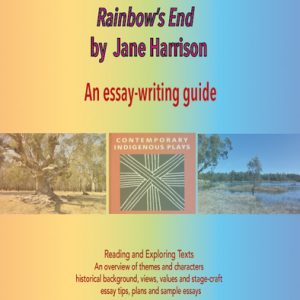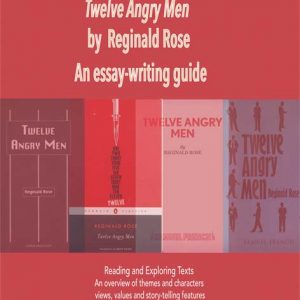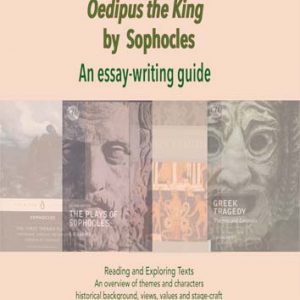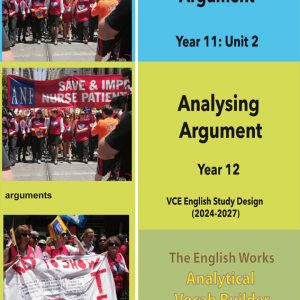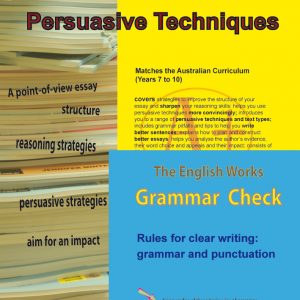1. Learning words in their narrative context
Keep going over our “words in context”. Using the right word, at the right time, in the right context saves a paragraph.
Please peruse the list and write at least four sentences. Some of these words are perfect for “tone” words and for language analysis.
Example:
From our list: … That would assuage his grief, and be so convincing to the witnesses of this barbaric spectacle.” (Ransom 27) assuage (his grief): to soothe, moderate, or relieve, satisfy, give relief to, pacify, calm
Your sentence: Lady Macbeth tries to assuage her guilt by washing her hands. The hand-washing becomes a symbol of her strong sense of shame.
Facebook (https://www.facebook.com/pages/category/School/English-Works-262888230534483/) or on our post: https://www.englishworks.com.au/working-with-words-page/
2. Quoting in context:
You must sprinkle quotes throughout your essay . Analysing quotes reflects your ability to link a character’s actions and their mindset to the author’s views.
Please send me sentences with quotes (from your text, or from our model stories.)
Example:
- Macbeth: “Upon my head they placed a fruitless crown, / And put a barren sceptre in my gripe
- In an exasperated manner, Macbeth rebukes his fate that has given him a “fruitless crown” and a “barren sceptre”.
- Killing two birds with one stone: Note “rebuke” is one of the words we learnt in the list above.
3. Control of grammar:
We are keeping a close eye on:
- tenses and run-on sentences
- passives voice versus active voice.
- overcrowded sentences: too many clauses in one sentence.
- improved use of nominals
4. Writing a paragraph:
Please write a short paragraph as follows:
- Choose one of the author’s “key ideas” (See the “Checklist of Key ideas/themes)
- Choose two quotes/narrative devices that support this view.
- This ensures that your paragraphs have a tight structure and a clear focus. It overcomes the rambling-list-too much detail style of paragraph.
Sample:
Topic Sentence: Shakespeare suggests that the “crown” becomes meaningless because of Macbeth’s corrupt pathway to power.
- (tone/quote) Disgruntled, Macbeth rebukes his fate that has given him a “fruitless crown” and a “barren sceptre”. Accordingly he vents his anger against Banquo.
- From a practical standpoint, he realises that he has literally sold his soul or given over his “eternal jewel” to the “common enemy of man”, for the sons of Banquo.
- (comparison/quote) He makes a further comparison between Mark Antony and Caesar and suggests that Banquo suspects his greatness. “There is none but he, Whose being I do fear; and under him My genius is rebuk’d”.
- Owing to Macbeth’s paranoid fury, Banquo becomes another of his victims.
